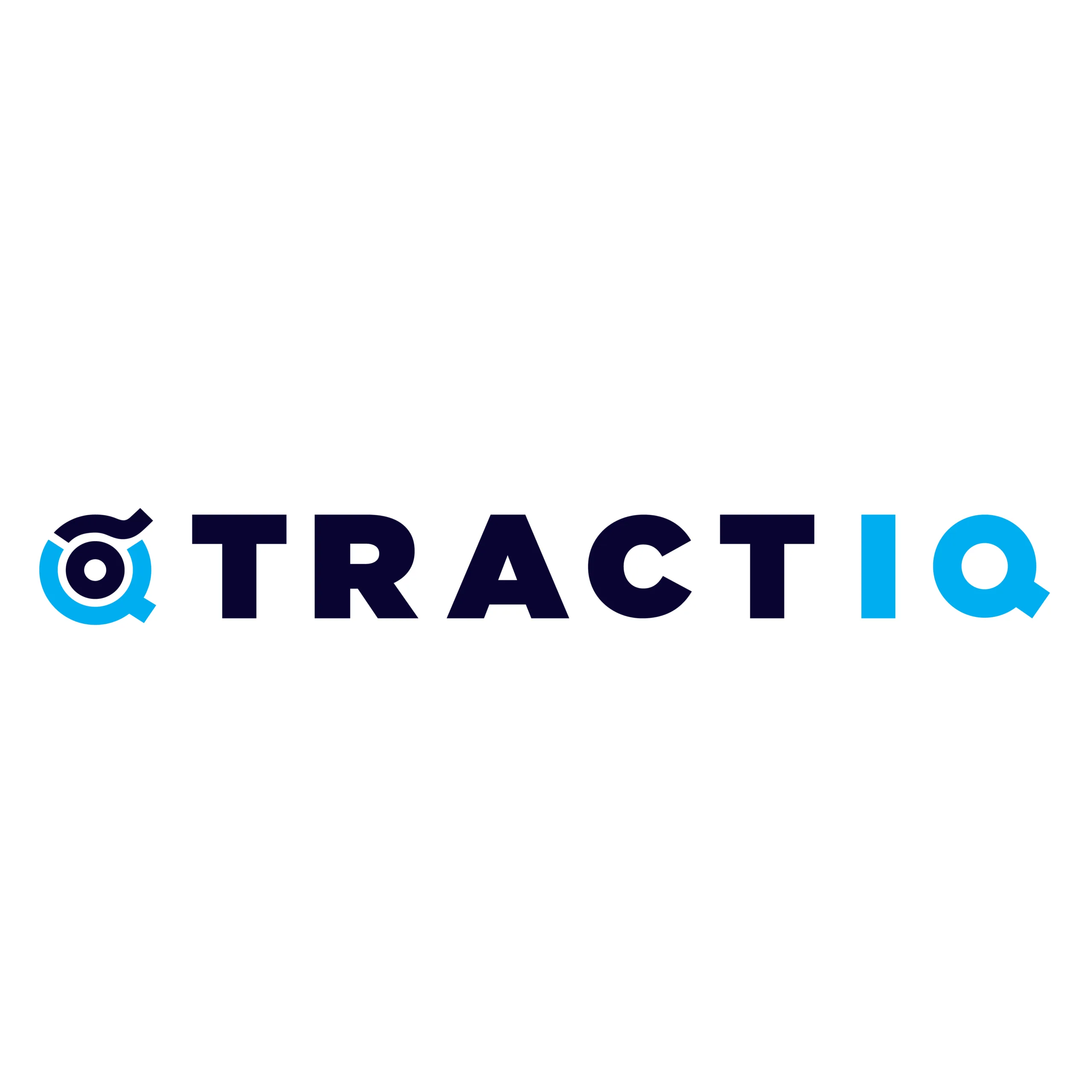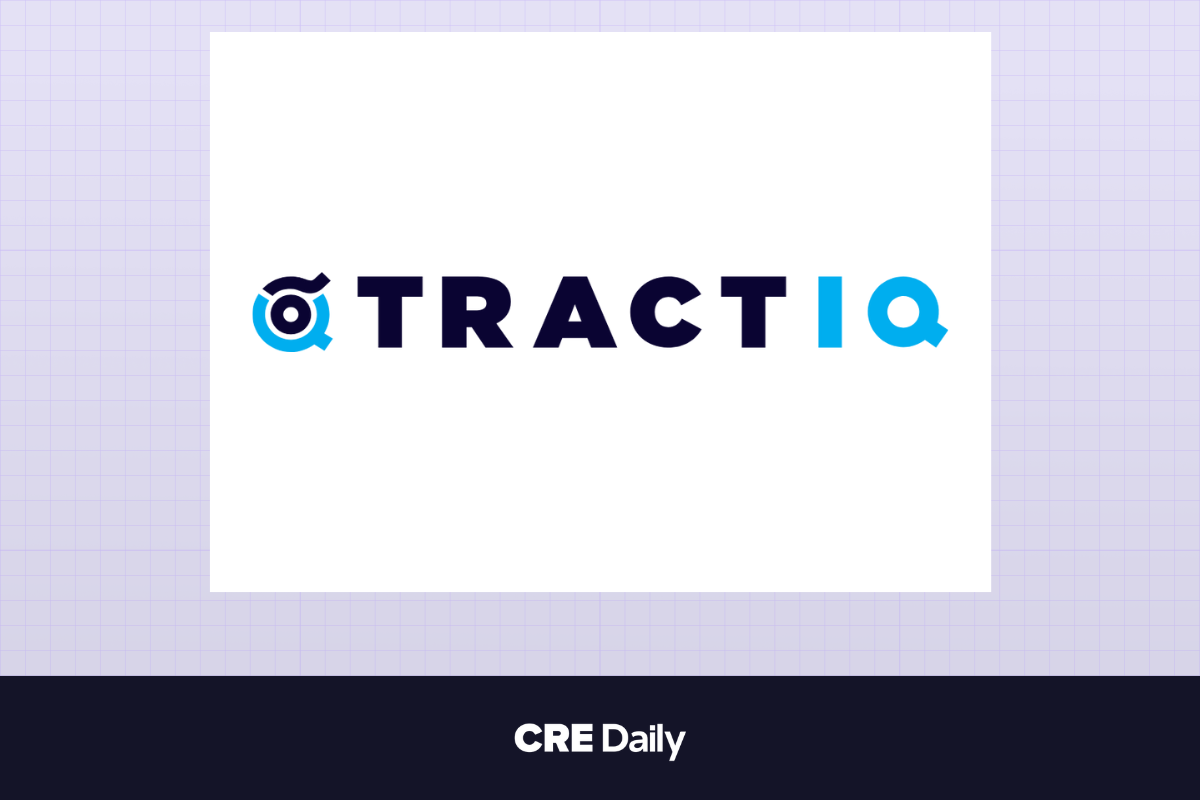TractIQ Overview
TractIQ is setting a new standard for self-storage underwriting, providing verified, facility-level operating performance and comprehensive market intelligence for disciplined investment decisions. Investors, brokers, and operators use TractIQ to underwrite deals based on real performance rather than solely proxy signals such as advertised rates or inferred demand.
The platform combines verified occupancy and historic financial performance with demographic insights, market supply, rental rate data, construction activity, and comprehensive ownership information across more than 70,000 operating self-storage facilities and development sites nationwide. TractIQ is the official data provider for the Self Storage Almanac and is trusted by leading investors, operators, and brokerages across the U.S.
Our Take On TractIQ

Best suited for self-storage investors, brokers, and operators who require defensible underwriting grounded in verified, facility-level operating performance.
Founded in 2021, TractIQ has emerged as a source of truth for self-storage underwriting. The platform is used by leading investors, brokers, and operators to evaluate deals using real operating data rather than relying solely on inference. TractIQ provides access to more than 200 underwriting datasets spanning verified operating performance, market supply and demand dynamics, and site specific risk factors.
TractIQ serves top tier investment firms deploying billions of dollars annually, including Public Storage, Prime Group, Nuveen, and 10Federal. Brokerage users include Matthews Real Estate, Cushman and Wakefield, JLL, and Marcus and Millichap. Operator customers include Storage Pro, Mini Mall, GoStoreIt, and Morningstar Storage. TractIQ is also the official data provider for the 2026 Self Storage Almanac.
 Pros
Pros- Verified facility-level occupancy and historic financials that enable underwriting based on real performance rather than proxy signals
- Supports analysis across more dimensions than most competitors, including future demand drivers such as residential and commercial development
- Intuitive map based interface with advanced data layers and visualization tools
- Transparent data sourcing with the ability to export data into Excel
- High quality datasets updated daily
 Cons
Cons- Certain datasets such as sales comparables and loan level details are still in development
- Newer platform relative to legacy real estate data providers
Data Coverage and Quality
TractIQ tracks more than 70,000 operating self-storage facilities and development sites nationwide. The platform includes detailed pricing data by unit type for approximately 40,000 facilities and verified owner contact information for more than 45,000 sites.
Demand indicators include extensive demographic data, over 70,000 residential construction projects, more than 300,000 commercial construction projects, traffic counts, and major branded locations such as Walmart, Starbucks, and Whole Foods. Site specific risk factors include flood exposure, sea level rise, seismic risk, and wildfire exposure.
Data is updated daily through a combination of automated processes and expert human review. Every self-storage facility on the platform is reviewed by a qualified analyst. TractIQ provides transparency around data sources and update timing, allowing users to assess data reliability directly.
Verified Operating Performance
Historically, REITs and large operators had the deepest operating insight, but only within their own portfolios. By aggregating verified operating performance across thousands of facilities nationwide, TractIQ delivers a broader operating view than any single portfolio can provide.
TractIQ provides borrower reported facility level occupancy and historic financial performance sourced from CMBS disclosures and institutional filings through its partnership with CRED iQ. This data is relied upon by lenders, ratings agencies, and institutional investors to evaluate credit risk and asset performance and is embedded directly into TractIQ underwriting workflows.
By combining verified operating performance with market context, TractIQ enables users to benchmark real performance against local conditions, identify mispriced risk, and support underwriting assumptions with defensible data suitable for investment committee and lender discussions.
Coverage currently includes several thousand CMBS-reporting facilities, with expansion expected over time as additional institutional data sources are integrated.
Market and Construction Data
TractIQ tracks more than 70,000 residential construction projects and over 300,000 commercial construction sites across the United States. Residential data is updated monthly through municipal partnerships, while commercial construction data spans retail, industrial, education, and medical sectors.
Users can filter by construction type, project status, cost, and proximity and track major brand footprints to identify emerging demand corridors. All datasets can be exported directly into Excel for underwriting models and investment materials.
Deal Identification and Underwriting
TractIQ combines deal sourcing and underwriting within a single, integrated workflow. Users can screen markets and facilities based on criteria such as population growth, income levels, storage saturation, facility attributes, pricing, and future supply.
Users can save facilities, create custom lists, and filter across the entire U.S. facility universe to build prospect and underwriting pipelines aligned with specific investment criteria.
Access to a comprehensive owner database allows users to identify off market opportunities, understand ownership concentration, and prioritize outreach based on portfolio strategy and market conditions.
TractIQ Product Offerings
TractIQ is a robust self-storage data platform offering over 200 datasets designed for in-depth real estate analysis. Its key features include powerful deal identification tools, detailed market insights, and comprehensive construction data, making it an essential resource for investors looking to make informed decisions and stay ahead in the self-storage industry.
Comprehensive platform of self-storage data sets
TractIQ empowers leading investors to make smarter investment decisions with verified, transparent data for over 68,000 operating storage facilities and construction sites. The platform includes datasets, including demographics, insurance, FEMA, wildfire information, and incoming housing data. Its advanced export functionality provides committee-ready tables and charts, all backed by trusted public and proprietary data sources, allowing investors to analyze opportunities more efficiently and confidently.
Extensive residential and commercial construction project tracking
TractIQ partners with multiple sources to gather and update residential construction data from municipalities every month while their team uses advanced technology to track rental rate data for 30,000 self-storage facilities nationwide.
In addition, TractIQ tracks over 300,000 commercial construction sites, providing detailed insights into projects across industries like education, industrial, and retail. Users can filter for specific types of construction, such as retail or medical, and track major brand footprints like Walmart and Starbucks to identify investment opportunities in growing commercial areas. The data can also be exported into Excel.
Deal identification with customizable filters
TractIQ offers two primary use cases: efficiently identifying self-storage deals and analyzing them 10x more effectively. The platform allows users to input specific investment criteria, such as population growth, median household income, and storage saturation, to filter down to relevant areas and facilities across the U.S. Users can get granular insights down to the zip code or census tract level, identifying facilities that meet their criteria.
TractIQ also enables filtering by facility attributes like size or rental rates, and users can download comprehensive reports with facility and owner details. This streamlined process empowers investors and brokers to quickly find and evaluate self-storage opportunities.
User Experience
The platform is designed for analytical workflows and allows users to rapidly filter facilities, layer datasets, and generate underwriting ready reports.
For example, users can screen the entire United States for facilities larger than 40,000 square feet with climate controlled rents below a target threshold, then layer in demand criteria such as square feet per capita and population growth to identify off market opportunities aligned with their buy box.
Customer Support
Subscriptions include onboarding resources and recorded training sessions led by TractIQ’s customer success team. Most support inquiries are addressed within one business day. Higher tier plans include dedicated account management and hands on onboarding designed for institutional workflows.
Pricing
- Starter plans start at $199 per month and include core market data and prospecting tools for individual users
- Pro plans start at $399 per month and include expanded data access, higher export limits, and future demand datasets
- Pro+ plans include full historic rate data, access to verified occupancy and financial performance datasets, API access, and dedicated account management
- Nationwide data exports are available for institutional users requiring full U.S. coverage across rents, ownership, demographics, and operating performance.
Competitors
TractIQ’s primary competitors include Yardi Matrix, Radius Plus, and StorTrack, each of which approaches self-storage data from a different angle.
Yardi Matrix
Yardi Matrix is the most widely recognized brand in commercial real estate data and is often the incumbent provider for institutional firms. However, its self-storage dataset covers a more limited portion of the national facility universe relative to TractIQ, making it difficult to analyze markets comprehensively, particularly outside major metros.
Yardi’s self-storage data is also offered as a standalone product, meaning users seeking multi asset context must purchase additional subscriptions. This fragmented approach can increase complexity and total cost for users underwriting across portfolios or regions.
Radius Plus
Radius Plus uses a credit based access model that allows short term platform usage, which may appeal to occasional users. However, the platform does not currently include several datasets relied upon for institutional underwriting, including verified occupancy and financial performance and detailed residential and commercial construction data.
As a result, Radius Plus is often better suited for high level screening rather than full underwriting workflows that require deep market context, performance benchmarking, and exportable data for investment committee review.
StorTrack
StorTrack offers broad facility coverage and is often viewed as the closest alternative to TractIQ in terms of scale. However, its data offering focuses primarily on pricing and facility attributes and does not include verified operating performance or comprehensive demand side datasets such as residential and commercial construction activity.
StorTrack also lacks certain risk and location specific datasets, including traffic counts and flood exposure, which are increasingly important for evaluating site level risk and development feasibility.
Competitive Positioning
What was once a competitive advantage is increasingly becoming table stakes for institutional self-storage underwriting as performance data becomes visible at scale.
Relative to these platforms, TractIQ combines national scale, verified facility level operating performance, and extensive market and demand context within a single underwriting workflow. This integrated approach reduces reliance on proxy signals and enables more defensible, institution ready underwriting suitable for investment committee and lender review.
FAQs
TractIQ offers an archive of rental rate data dating back to 2018, providing years of historical insights to help identify trends and make more informed projections.
For demographic data, TractIQ goes even further. Depending on the source, its data can go back as far as 2010, giving a long-term view of population dynamics and shifts.
By default, the system uses the most up-to-date and reliable data from the most recent EASI data sets. This ensures you’re working with the latest and most accurate insights, updated annually with the freshest data.
TractIQ seamlessly integrates with select CRM platforms, allowing you to pull vital data such as facility information, pricing, and demographic insights into your workflow.
This integration ensures you have all the critical data you need at your fingertips, streamlining your decision-making process and enhancing productivity.
Yes, TractIQ offers a robust API that gives you direct access to facility data, pricing, and demographic information in real time.
Whether you want to integrate our data into your existing CRM or property management software or build custom solutions, its API is designed to deliver seamless connectivity and rich insights.
How We Evaluated TractIQ
When evaluating TractIQ, we examined several factors, including:
- Product and service offerings: We dug into TractIQ features, products, and services, including its full suite of self-storage data services.
- Pros and Cons: We checked the boxes on what potential clients are looking for and compared features that make TractIQ stand out from its competitors.
- Ease of Use/Functionality: We examined TractIQ’s data platform’s user-friendliness, the intuitiveness of the onboarding process, and the speed with which a new user is likely to understand and take advantage of the platform’s full functionality.
- Customer support: We evaluated TractIQ’s existing customer support network and scored it on response times, training materials, and access to customer service reps.
- Pricing and transparency: We examined how TractIQ’s products and services are priced and whether readily available pricing information is available on its website.
Summary of TractIQ Review
TractIQ stands out as one of the most rigorous self-storage underwriting platforms available today. By integrating verified operating performance with comprehensive market and demand data, the platform eliminates many of the blind spots that have historically characterized self-storage underwriting.
While still a relatively young company, TractIQ’s rapid adoption, institutional grade data, and continued product investment position it as a defining platform in the self-storage data landscape. For investors, brokers, and operators who require defensible underwriting and a reliable source of truth, TractIQ represents a compelling and increasingly essential solution.
As verified operating performance becomes more widely available, underwriting decisions that rely solely on proxy signals face increasing scrutiny.
Disclaimer
This page may contain affiliate links. If you make a purchase or investment through these links, CRE Daily LLC may receive a commission at no extra cost to you. These recommendations are based on our direct experience with these companies and are suggested for their usefulness and effectiveness. We advise only purchasing products that you believe will assist in reaching your business objectives and investment goals. Nothing in this message should be regarded as investment advice, either on behalf of a particular security or regarding an overall investment strategy, a recommendation, an offer to sell, or a solicitation of or an offer to buy any security. Advice from a securities professional is strongly advised, and we recommend that you consult with a financial advisor, attorney, accountant, and any other professional who can help you understand and assess the risks associated with any real estate investment. For any questions or assistance, feel free to contact [email protected]. We’re here to help!














